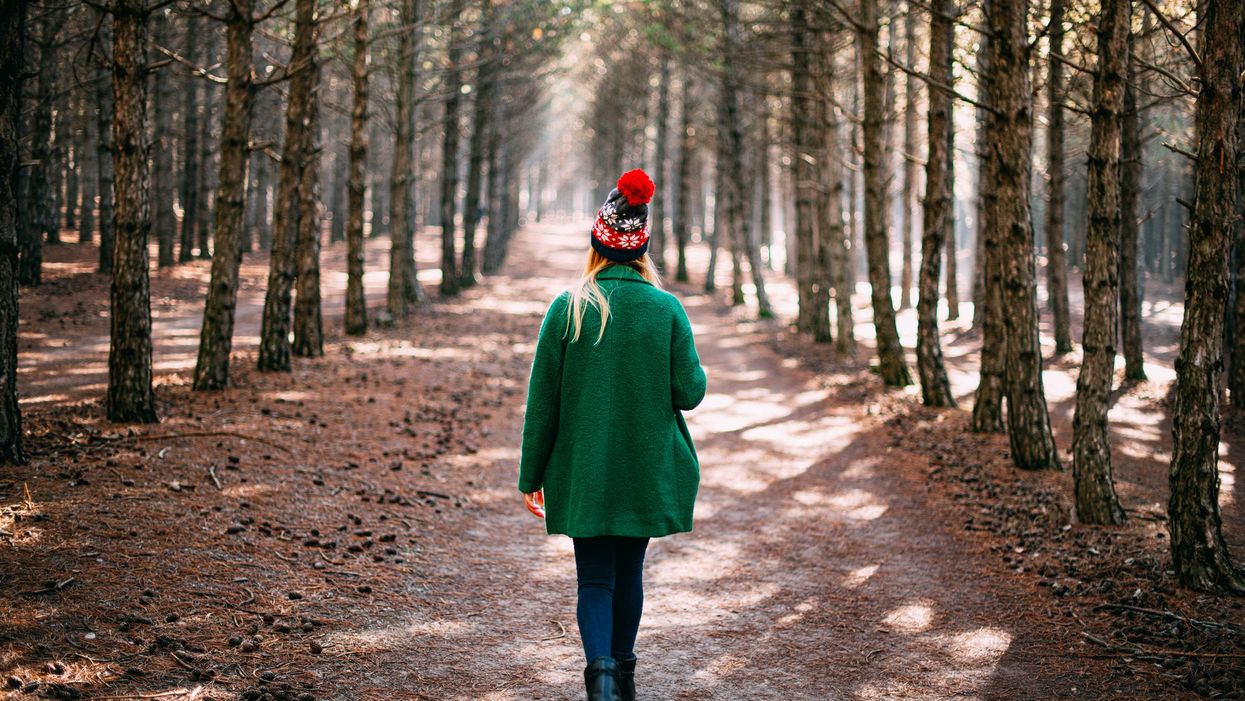
Walking speed is suggested to have imply your body’s reaction when infected with coronavirus
Slow walkers are nearly four times as likely to die of Covid-19, according to findings from a new study.
Researchers in Leicester have discovered that slow walkers classified with “normal” weight were 3.75 times more likely to die than faster walker if infected with the coronavirus.
Data was gathered from over 400,000 people described as “middle-aged”
Professor Tom Yates, who headed up the team, said that testimony about walking speed could be used to judge whether someone was more vulnerable to getting complications from the virus.
“We already know that obesity and frailty are key risk factors for Covid-19 outcomes.”
“This is the first study to show that slow walkers have much higher risk of contracting severe Covid-19 outcomes, irrespective of their weight.”
“Ongoing public health and research surveillance studies consider incorporating simple measures of simple physical fitness, such as self-reported walking pace,” he said to BBC.
The National Institute for Health Research conducted the study, and it sought to understand how body mass index and self-reported walking pace linked with risking getting serious side effects of being infected with covid and dying.
Using self-reported data from 412,596 who take part in UK Biobank, they came to these conclusions.
They defined slow walking as less than three miles an hour and steady walking was thought to be between 3 to 4 miles an hour and brisk was believed to be over 4 miles an hour.
Other findings found that slow walkers were more likely to die from covid at a rate of 2.5 than the fastest walkers.
The risk was the same among those considered to be normal weight slow walkers and obese slow walkers.
Researchers also highlighted that self-reporting was subject to potential bias, therefore no definitive conclusions could be drawn from the results.
More: The pandemic’s hidden crisis: Has Covid caused an increase in ‘hard drug’ use?













